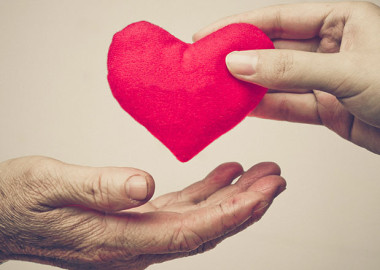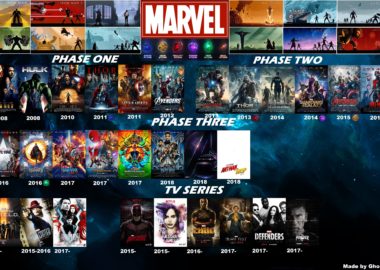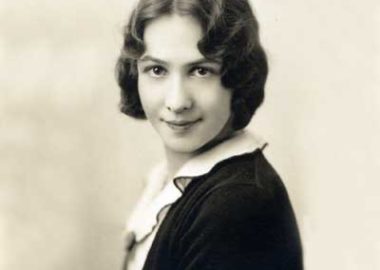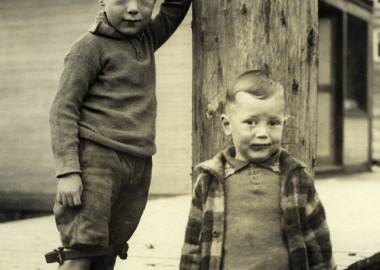Let me tell you a story.
A young boy is out playing one day. He accidentally kicks his soccer ball into the yard of a creepy green house. This house is dark and the yard is overgrown, and even his bravest friends are scared of this house. The boy is scared, but he really wants to get his ball back, so he slips onto the property. Soon, though, he wishes he didn’t. Soon, he freezes.
He sees a old man standing on the porch of the creepy house. He’s holding the soccer ball. This man looks angry. The young boy doesn’t know what to do.
“Please, sir. Could I have my ball?” he finally asks. The old man looks at him. The boy sees that he’s crying. The man takes a step back, and then two steps forward.
He takes the ball and…then what?
The next decision that man makes is at the very crux of what makes story an incredible tool. Story is what happens when cause meets effect. Story takes bits of data and spins them together to make a logical whole.
What Happens When You Hear A Story
As soon as someone starts telling you a story, your brain kicks into high gear. Your Broca’s and Wernicke’s area (Google them, but they control language processing) start firing up, providing context to the story. You begin to relate this story to your own personal experiences. The data within the story becomes more memorable and impactful. Your brain starts to engage in a process called neural coupling; the new data is tightly tied to older information. In short, the idea sticks.
Your sensory cortex starts working; adjectives start to inspire physical reactions. The character sticks their hand into a slimy bucket of mud and you can almost feel the slippery gunk under your own fingernails. As you become more engaged in the story, the hormone oxytocin floods your brain, generating happiness (that’s why you binge-watched House of Cards).
While you’re engaged in the pleasant experience of listening to the story, you become more empathetic towards the hero. You see him in a positive light. You begin to use the data to inform your own decisions; the story moves from simply being compelling to persuading you to adopt a certain worldview.
Humans love stories because they are the framework of our consciousness. Story changes minds and wins hearts. We react deeply to stories because they communicate information in a primal, intuitive way. Let me tell you a story – you know you want to hear one.






